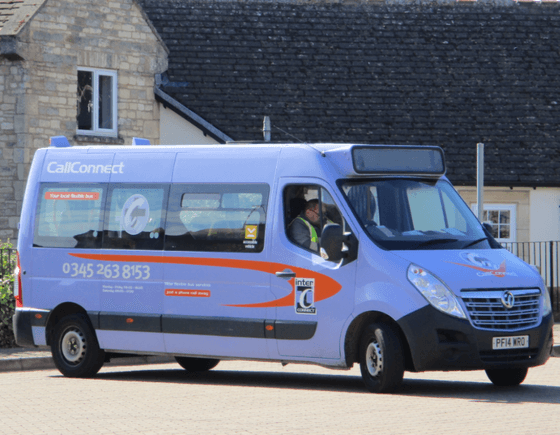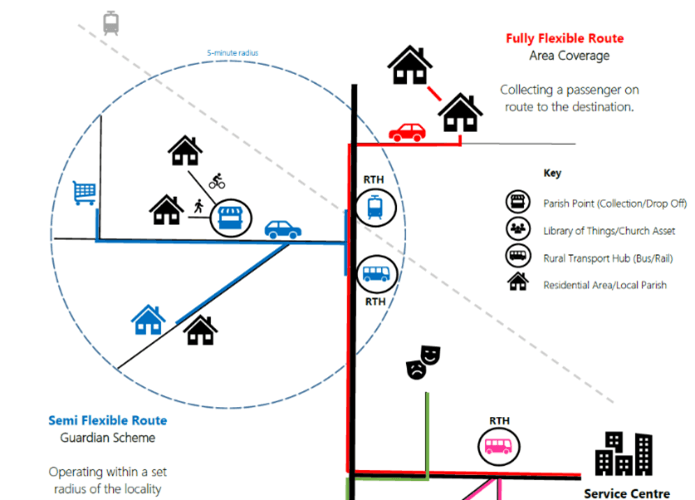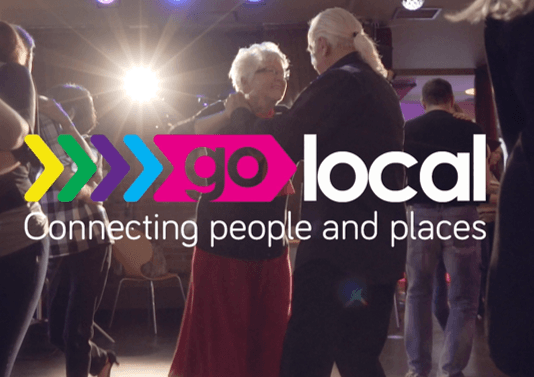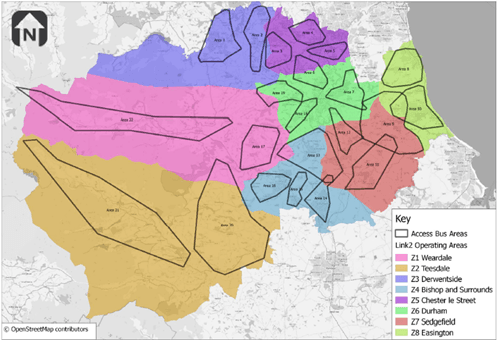Rural Mobility Fund Bids
In response to the DfT’s invitation to bid for the Rural Mobility Fund, ITP assisted Bedford Borough and Nottinghamshire, Gloucestershire, and Leicestershire County Councils in developing their Expressions of Interest. The bids centred around DRT (both fully flexible and semi-flexible) services in rural and suburban areas, providing a transport solution which was dynamic, responsive, and inclusive. The DRT services were designed to fully integrate with the wider public transport network, and to meet specific requirements in each area. Expanding the remit to include serving new developments; employment sites; and leisure activities, was also explored.
Different software solutions were considered in each case, enabling a range of operators to participate; allowing online bookings and payments; providing real time information; and accepting bookings nearer the time of travel. This, along with providing a ‘stop-to-stop’ service, resulted in a greater operational efficiency whilst providing an attractive service to users.




